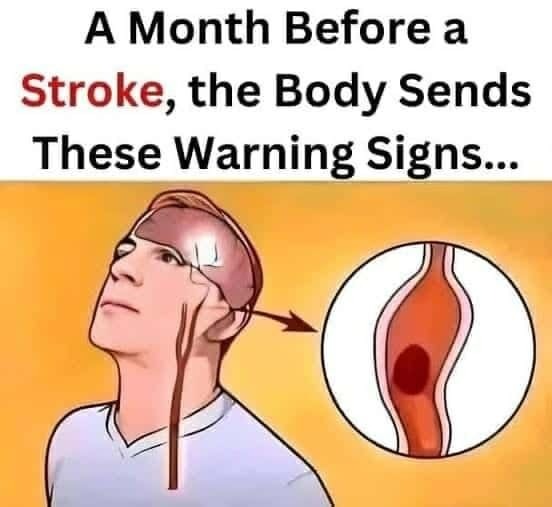Less Common but Notable Signs
- Hiccups: Persistent or severe hiccups, especially in women.
- Sudden Emotional Changes: Unexplained anxiety, depression, or irritability.
- Pain: Unusual pain, particularly in the face or chest, that occurs alongside other symptoms.
Understanding Risk Factors
Certain conditions and lifestyle habits increase your risk of experiencing a stroke. These include:
- High blood pressure.
- Diabetes or high cholesterol.
- Smoking.
- A family history of stroke or heart disease.
- Obesity or a sedentary lifestyle.
What to Do If You Notice Symptoms
If you or someone else experiences any of these symptoms—even if they resolve quickly—take immediate action.
Call Emergency Services Immediately
- Dial emergency services (e.g., 911) to seek urgent medical help. Time is critical in preventing permanent damage or death.
Seek Medical Advice After a TIA
- Even if symptoms disappear, a TIA indicates a high risk of a future stroke. Early intervention can save your life.
Remember the F.A.S.T. Rule
- F: Face drooping—Is one side of the face drooping or numb?
- A: Arm weakness—Is one arm weak or numb?
- S: Speech difficulty—Is speech slurred or hard to understand?
- T: Time to call 911—If any of these symptoms are present, seek help immediately.
Preventive Measures
Taking proactive steps can significantly reduce your risk of a stroke:
- Manage Blood Pressure
- Regularly monitor and maintain blood pressure within a healthy range.
- Exercise Regularly
- Aim for at least 30 minutes of moderate physical activity most days of the week.
- Maintain a Healthy Diet
- Reduce sodium, sugar, and unhealthy fats. Focus on whole grains, fruits, vegetables, and lean proteins.
- Avoid Smoking
- Quit smoking to lower your risk of stroke and other cardiovascular issues.
- Control Diabetes and Cholesterol
- Follow your doctor’s advice for managing these conditions.
- Limit Alcohol Consumption
- Keep alcohol intake within recommended limits.
Why Early Action Matters
When it comes to strokes, every second counts. The sooner you recognize the warning signs and seek medical help, the better your chances of avoiding long-term damage or fatal consequences. Remember: Time is brain—the faster you act, the more brain cells you can save.
Conclusion
Recognizing the subtle signals your body may send weeks before a stroke can save your life. By understanding the early symptoms, addressing risk factors, and taking prompt action, you can significantly reduce the likelihood of a major stroke. Don’t ignore the warning signs—act now to protect your health and well-being.

